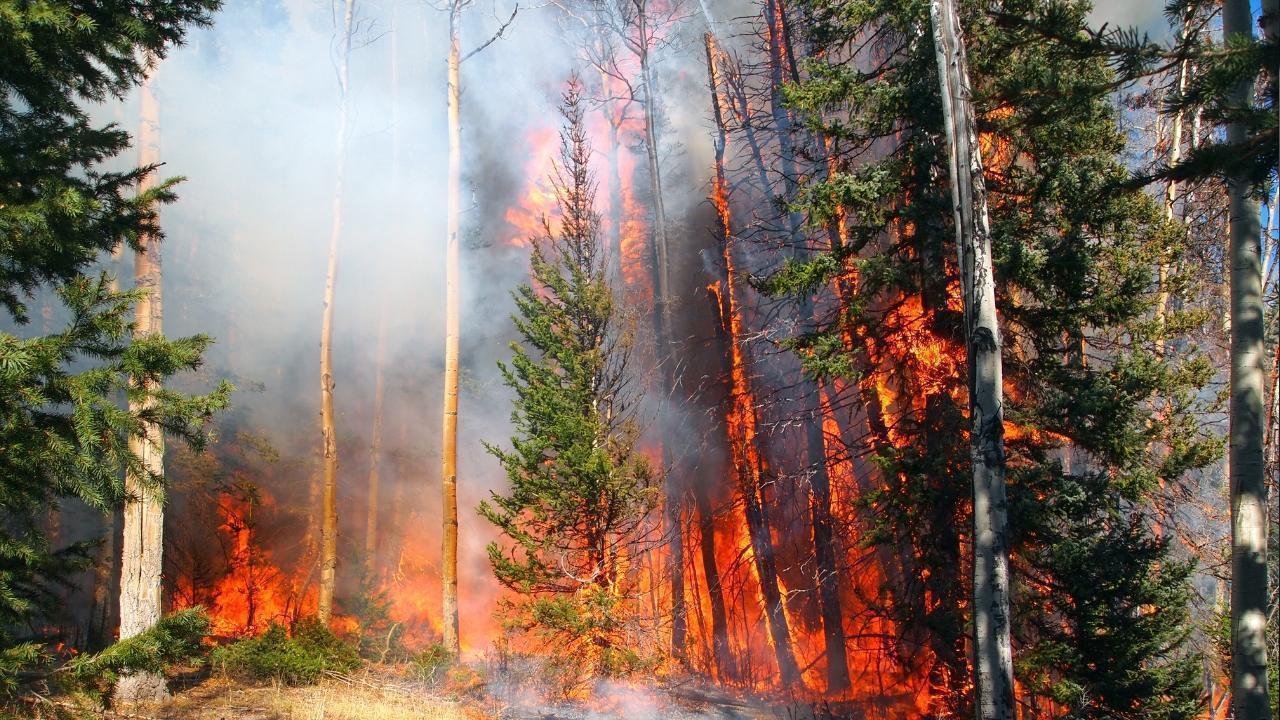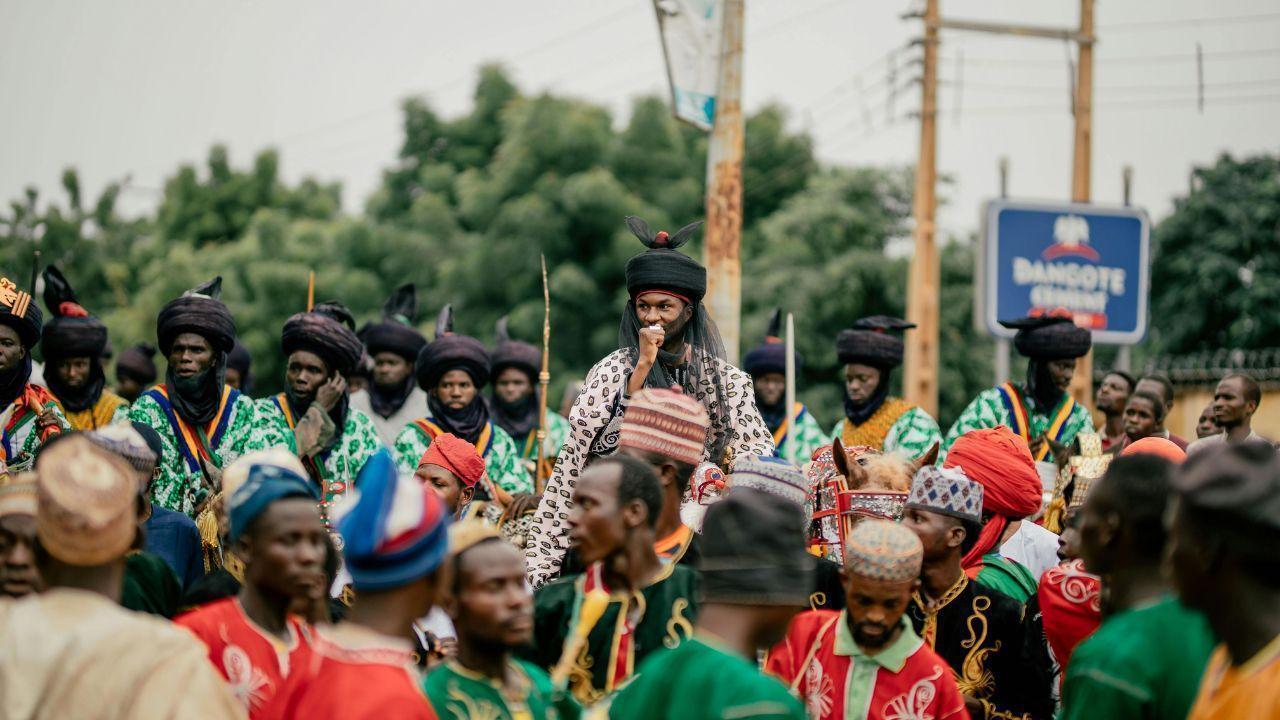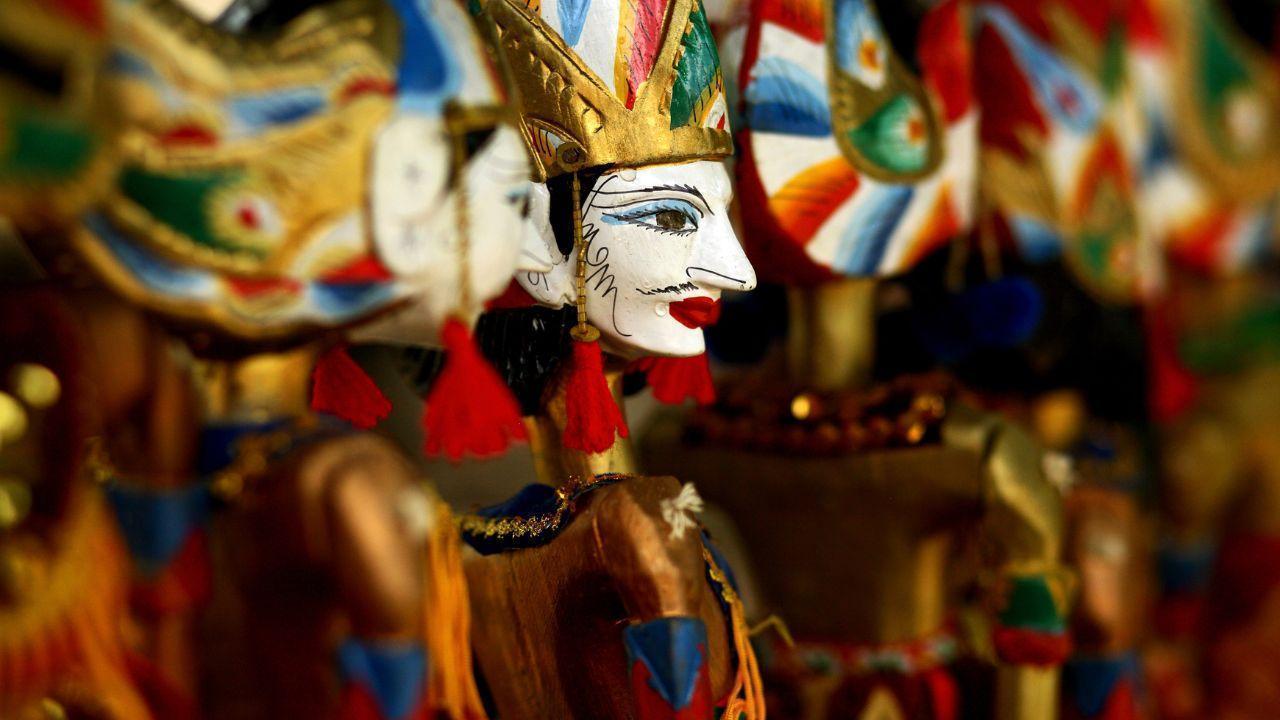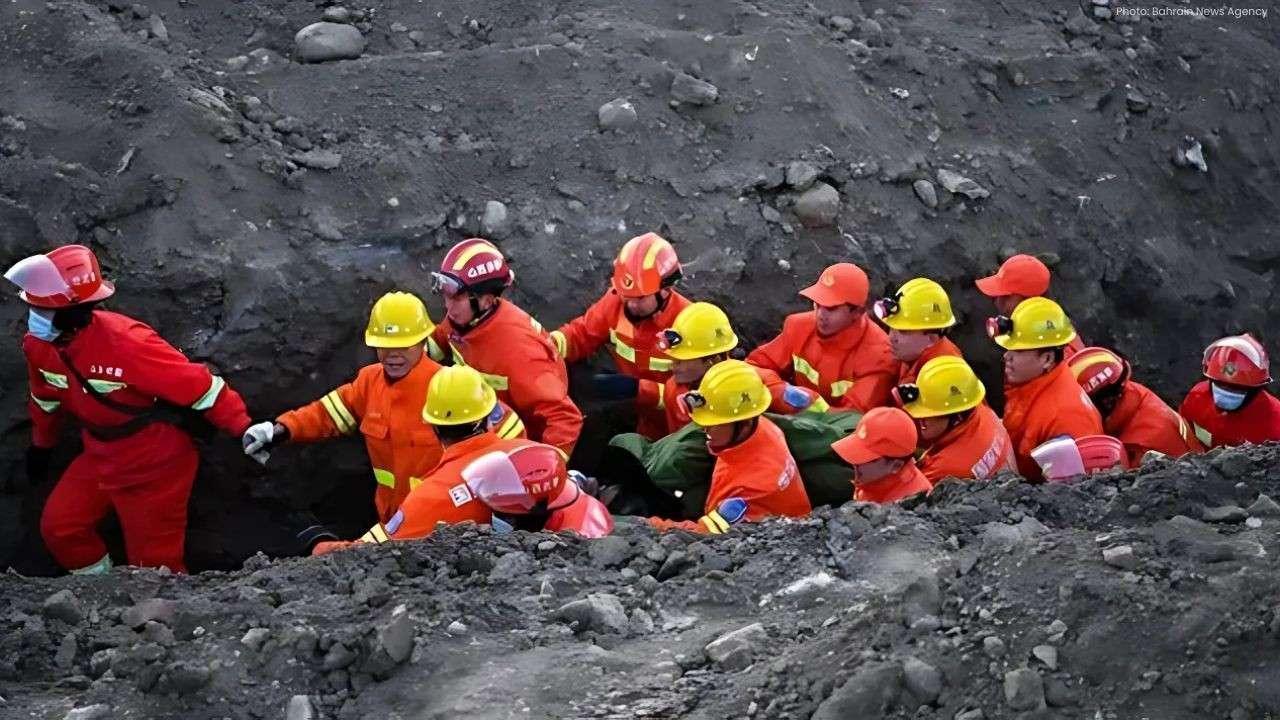
Post by : Roman D Marks
Canada, the second-largest country in the world by land area, is often celebrated for its vast forests, clear lakes, and breathtaking wilderness. But in recent years, that same wilderness has become the site of recurring disaster. In 2025, Canada continues to face one of the worst wildfire seasons in its history. Entire regions have been covered in thick smoke, skies have turned an eerie orange, and families have been forced to flee burning towns with little more than the clothes on their backs.
The scale of these fires is not just a seasonal event anymore; it has become a national crisis, one that has captured headlines around the globe. Scientists, community leaders, and policymakers warn that what Canada is facing may not be an exception but a glimpse into a new reality shaped by climate change and human impact on the environment.
Canada’s Wildfire Crisis at a Glance
The numbers alone are staggering. Each summer, wildfires occur naturally in Canada, especially across its western territories and remote northern regions. However, over the past few years, the size, intensity, and frequency of these fires have surged far beyond normal patterns.
By mid-summer this year, millions of hectares of land had already burned — surpassing many previous records. Provinces such as British Columbia, Alberta, Saskatchewan, and the Northwest Territories were particularly hard-hit. Unlike smaller, scattered fires of the past, these mega-fires spread fast, consuming thousands of hectares within days.
The smoke has not stayed within Canada’s borders. Just as in earlier years, haze drifted across the United States, forcing air quality alerts across major American cities like New York, Chicago, and even Washington D.C. Flights were delayed, schools shut down in affected areas, and millions of people were advised to stay indoors.
This is not just a Canadian crisis. It has become a North American health and environmental issue.
Why This Year Feels Different
Wildfires are not new to Canada. Indigenous communities have long understood the role of fire in nature, sometimes even using controlled burns to ensure healthy forests. But the intensity of today’s fires is shocking.
There are three main reasons experts say Canada’s 2025 wildfire season stands out:
Record-Breaking Heat – Canada experienced one of its hottest summers in decades. Heatwaves lasting weeks dried forests to a dangerous level, making them highly flammable.
Extended Droughts – Rainfall has been far below average in many regions. Rivers and soil moisture dropped, reducing the natural barriers that usually slow down fires.
Changing Climate Dynamics – Scientists point to climate change, which is altering weather systems, creating unusual wind patterns and extreme drying conditions.
Put together, these factors create what fire experts call a “perfect storm.” Once a spark — whether from lightning or human activity — hits these conditions, a catastrophe unfolds.
The Human Toll
Behind the statistics are real people living through trauma. Thousands of families have had to evacuate their communities. Residents of small northern towns have received sudden emergency alerts in the middle of the night, ordering them to leave immediately as flames and smoke approached.
Temporary shelters have been opened in schools, gyms, and community centers. But life in evacuation centers is far from easy. Families are cramped into shared spaces, eating donated meals and living in uncertainty, unsure of when they will be able to return home — or whether anything will be left to return to.
For many, the danger is not only the fire itself but also the smoke. Thick, choking haze has covered wide regions, pushing air quality to hazardous levels. Hospitals have reported spikes in cases of asthma attacks, respiratory distress, and other smoke-related illnesses. Elderly people and children are especially vulnerable.
In Indigenous communities, the fires carry an even deeper impact. Many of these communities are located in remote areas, far from major emergency infrastructure. But more importantly, the destruction threatens cultural and spiritual ties to the land. Traditional hunting grounds, forests used for gathering medicines, and ancestral territories are being wiped away.
Environmental Disaster on a National Scale
Canada’s wildfires are not only a human disaster but also an environmental one. Forests take centuries to grow, but only days or even hours to burn. The carbon released into the atmosphere by this year’s fires has been estimated to equal or even exceed entire countries’ annual emissions.
The loss of wildlife is another tragedy. Deer, bears, moose, and countless smaller animals have lost their habitats. Birds flee in massive flocks from burning forests, while aquatic species suffer as ash and soil from burned areas flow into rivers and lakes. The ecological balance of entire regions is being rewritten by fire.
Longer-term effects are deeply worrying. Scientists warn that repeated fires may cause forests to shift permanently into grassland or shrubland, reducing Canada’s ability to act as a global "carbon sink." Furthermore, soil erosion after wildfires increases risks of flooding and landslides, especially in mountainous provinces like British Columbia.
Canada wildfires 2025










NMDC Group And ADNOC L&S Sign Three-Year Deal For Offshore Work
NMDC Group and ADNOC Logistics & Services sign a three-year deal to deliver maritime services for of

Six Miners Trapped After Earthquake Hits Coal Mine In China
A mining-related earthquake struck a coal mine in Heilongjiang, China, trapping six miners undergrou

Train Collides With Bus In Mexico Killing 10 And Injuring Many
At least 10 dead and 41 injured after a train hit a bus at a rail crossing in Mexico. Authorities co

UAE Olympic Football Team Qualifies For AFC U-23 Asian Cup Finals
UAE Olympic football team qualifies for AFC U-23 Asian Cup finals in Saudi Arabia despite 3-2 loss t

Apple Launches iPhone Air With Thinnest Design & Pro Performance
Apple unveils the new iPhone Air, its thinnest model with pro performance, multiple colors, large st

Al Wakrah Wins French Arabian Breeders’ Challenge Sprint Again
Al Wakrah, trained by Jean de Mieulle, wins French Arabian Breeders’ Challenge Sprint in France, mar